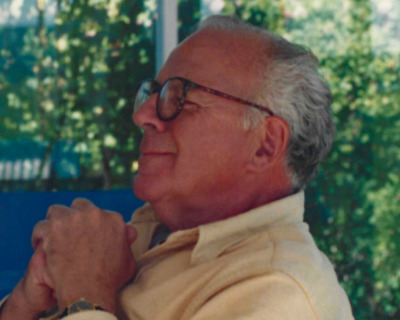Paul G. Ecker, MD

Born in Cleveland Ohio, he graduated from Case Western Reserve Medical School in 1944. He joined the Navy as one of the earliest Flight Surgeons and pioneered aviation medicine. After the war, he taught at The Peter Bent Brigham Hospital in Boston and the Columbia Presbyterian Hospital in New York before completing his psychoanalytic training at the New York Psychoanalytic Institute in 1950. In that same year he married Henriette Juliette Dumas from St Jean, Quebec. They had two sons, Hendrik Michel (1952) and Christian Paul (1955). While in New York, he was a Fellow at the Rockefeller Institute where he designed a device to cool ultracentrifuges with liquid nitrogen.
During the Korean War he was called to serve as a Flight Surgeon and researcher outside Philadelphia where the Johnsville Naval Air Station housed the largest human centrifuge in existence. Virtually all the Mercury and Gemini astronaut candidates underwent centrifuge testing at Johnsville. He became an Associate Professor of Psychiatry at the University of Pennsylvania and a Teaching Analyst at the Philadelphia Institute for Psychoanalysis, serving a term as President. A voracious reader who studied church history, philosophy and neurosciences, he spoke three languages and could read Latin. He had a lifelong passion for art, cultivating relationships within the art world and becoming an accomplished collector of Chinese ceramics and Gothic art.
Courtesy of Christian Paul Ecker, MD
